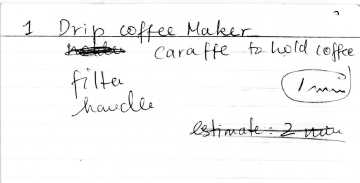
On October 16 at the OOPSLA 2000 Educators Symposium we did the Planning Game exercise. There were several teams in the room. One team consisted of the following
Joe Bergin and Richard Wiener: Moderators
Bina Ramamurthy and Ashok Bhattachaaryya: Customers
Lewis Pinson, James McKim, Takeshi Inoue, and Jaime Niño: Developers
Following are the cards created by the customers and the estimates written on each.

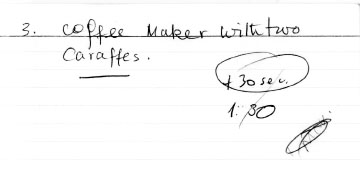
This card had its estimate changed from 90 seconds to 30.
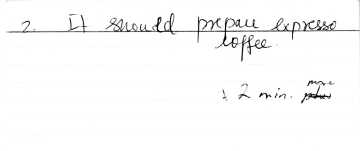
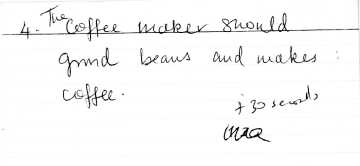
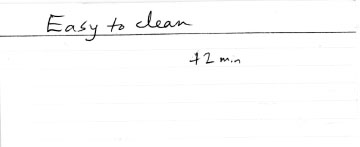
The above cards were the ones chosen by the customers in the first cycle for development as the developers had allowed 6 minutes out of the ten available. They are presented in the order in which the team "developed" the product.
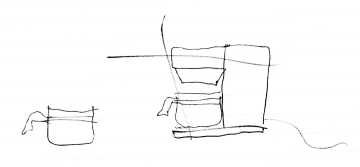
The customer wanted two carafe's simultaneously. By the way, the right part of the picture is the result of the first card only.
The remaining cards were saved for later. Not all of them were actually estimated.
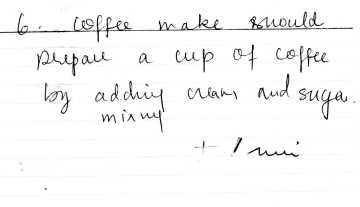
This card was judged by the developers to be impossible to estimate and probably to do.
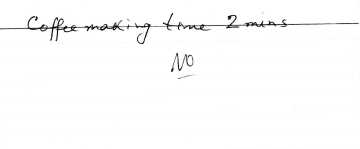
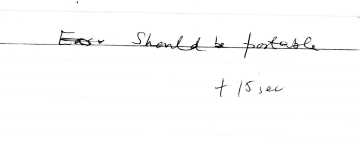

This card was rejected by the developers as too many things, with concurrence from the moderators. The first line of the card was added by the customers after the card was rejected.
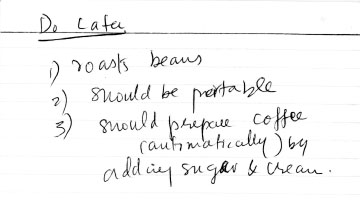
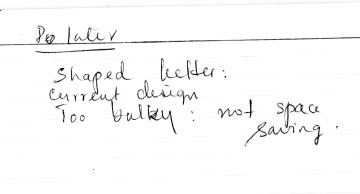
This was the final drawing.
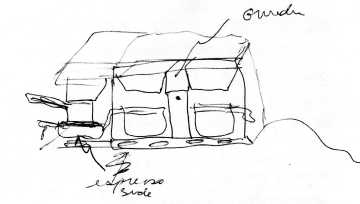
An interesting thing occurred in this group. One of the moderators was calling out the time each minute. The above picture was completed by the developers in exactly the first six minutes of the ten available. However, the customers were not pleased. They were looking for something more compact, though they didn't say that. The developers had four additional minutes and used this to explore with the customers what they really wanted, but did no more drawing, though they might have been able to refactor this "design" to please the customer and still meet the 10 minute deadline.
Only one cycle of the exercise was done.
The moderators judged that the developers had built what the customers said they wanted, but not what they really wanted, though they might have done so with more feedback as they went and some modifications within the schedule at the end.
Last Updated: October 23, 2000